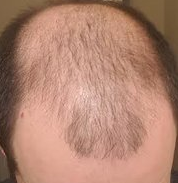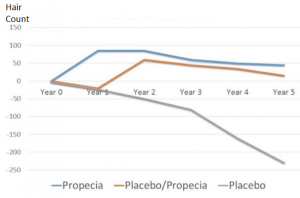I have a two part question. First, If a person is experiencing hair loss who would you advise them to go see first, a dermatologist or a hair specialist? My other question is about Proscar. I know that some dermatologists as well as other doctors prescribe Proscar to treat men with male pattern baldness even though it is only FDA approved for BPH. I am thinking about taking Proscar instead of Propecia due to the difference in cost and am just wondering if finding a dermatologist that would prescribe Proscar to someone who is 21 years old be akin to trying to find a needle in a haystack
Your first stop for hair loss is best done at a dermatologist’s office provided that he/she shows an interest in this type of problem. Your caring family doctor also works and throughout the US there are many hair transplant doctors who are skilled in diagnosis. I routinely prescribe generic Proscar (5mg finasteride) and instruct the patient to cut the pill into quarters.
I am in Los Angeles, not too far from where you indicated that you live, so I am not a needle in the haystack. I’ll point you now to my website for information, including phone number and address. Take a nice drive and pay me a visit.
2009-07-09 12:31:492009-07-07 13:46:21Finding a Doctor to Prescribe Proscar for Hair Loss


